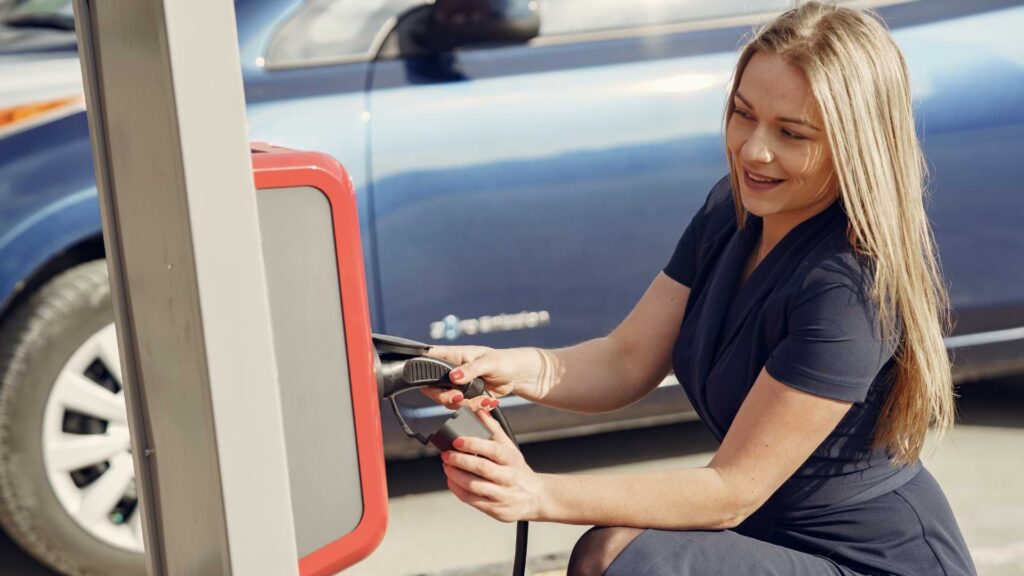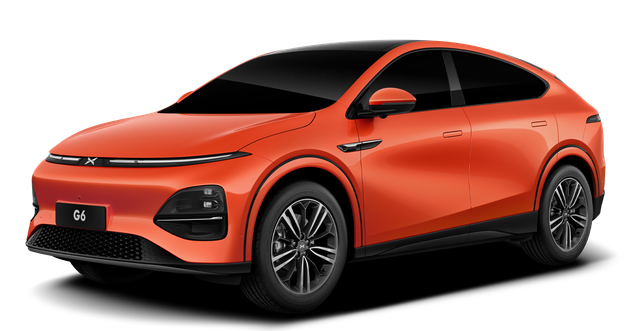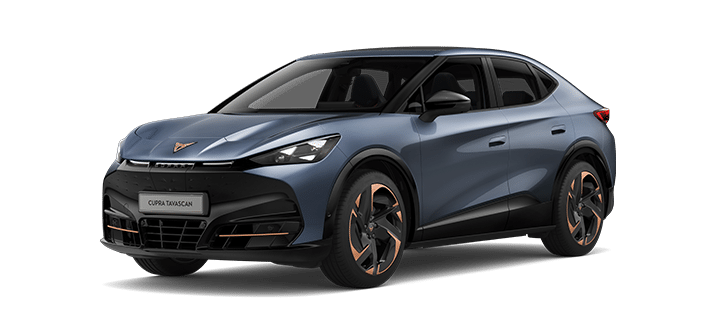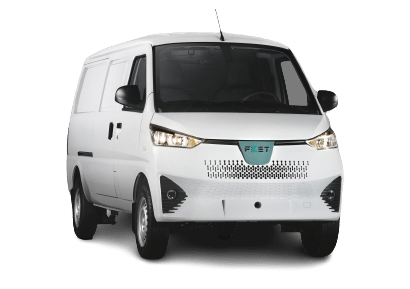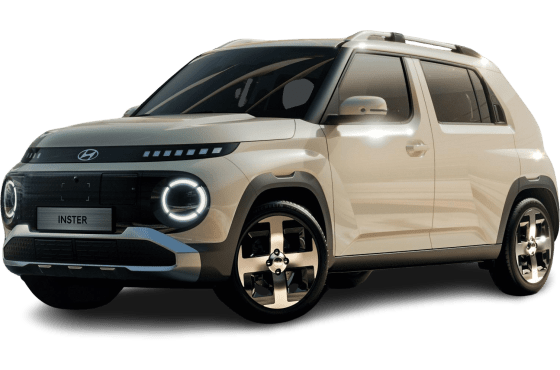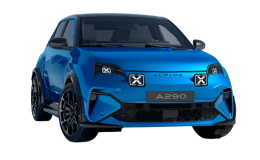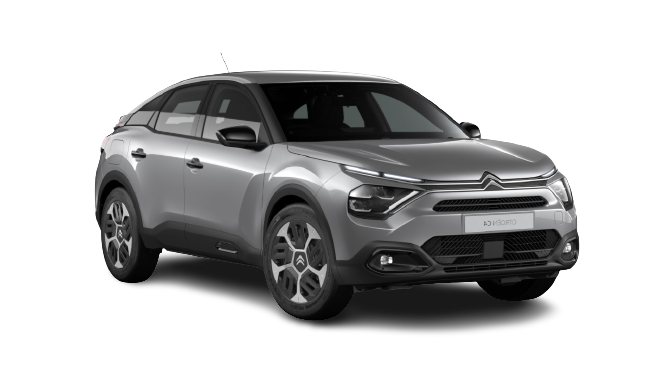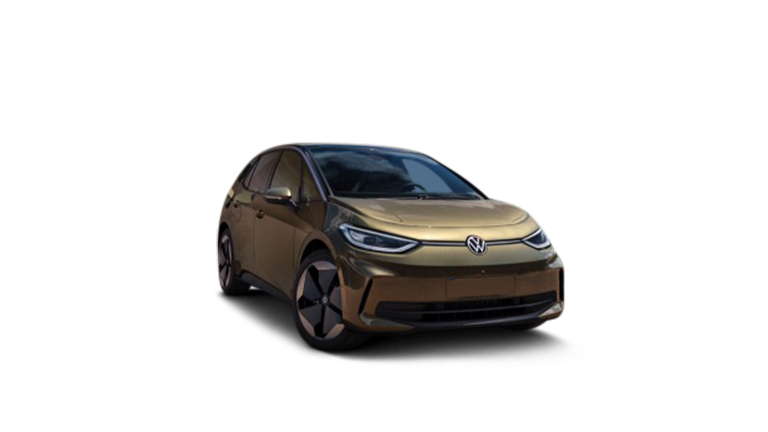Observation: spaces reserved for electric cars are often occupied by combustion-powered vehicles
The owner of an electric vehicle can find himself stuck for hours in a parking space occupied by suction cars if he can't recharge. More and more professionals and the lack of space can have an impact on their business and the quality of their service.
Thermal cars are mostly responsible for this inconvenience. The majority of suction-cup cases involve petrol or diesel cars parking in spaces reserved for combustion-powered vehicles. What's worse, their lack of civility extends electric vehicle journeys by several hours.
The users of these reserved areas are often motorists who cannot conceive of a fraction of users benefiting from a kind of parking privilege. parking privilege.
But sometimes, it's an electric car owner who blocks access to a charging station! In fact, these vehicles are not charging even though they are parked in a charging station. The term "reserved reserved parking" does not mean that a car can be left there long-term. They are not parking spaces, but charging spaces, where a car can be left for as long as the charging station is in use.
Vacant cars: what does the law say?
If you park in a space reserved for an electric car, you risk a 35 euro fine. But that's not all. Your vehicle may also be immobilized and impounded. The amount may be reduced or increased depending on the date of payment.
According toarticle R.417-10 of the Highway Code, parking in a space dedicated to recharging an electric car is considered a nuisance.
"I.-Any stationary or parked vehicle must be positioned in such a way as to cause as little inconvenience as possible to traffic. Stopping or parking a vehicle [...] Parking a vehicle in front of devices for recharging electric vehicles is also considered a hindrance to public traffic".
Despite restrictions on parking in private spaces, motorists still don't respect the rules of the highway code and park mainly in private parking lots accessible to the public, such as supermarkets, covered and closed parking lots.
One of the main problems for those who need to recharge their vehicle is "sucker parking". parking", i.e. thermal and electric vehicles parked in spaces "reserved exclusively for electric vehicles". reserved exclusively for electric vehicles".
Electric car users need free access to recharging facilities. First of all, it's a question of civic-mindedness and to make life easier for them. After all, a private user will want to use his or her vehicle for professional or private reasons. A professional user, on the other hand, will want to continue his or her professional activity.
How do you deal with car vacuuming?
When we talk about the issue of suction cup parking" at electric vehicle charging stations, we immediately think of internal combustion or hybrid vehicles. But it also concerns electric cars.
This practice, also known as "ICE-ing", can be carried out in a more subtle way by the electric cars themselves, in case they are not connected to the stations. Their owners sometimes think they can freely use the reserved parking space while they do their shopping.
Here are a few things you can do when faced with a "sucker parking" situation.vacuum parking".
Deterrent stickers
Parking deterrent stickers: Whether to facilitate access for emergency services or to prevent users from parking in a reserved or private space, there are parking deterrent stickers to suit every situation.
We offer two types of deterrent stickers:
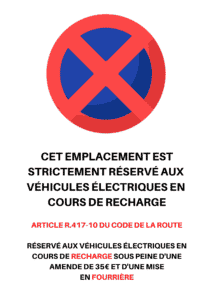
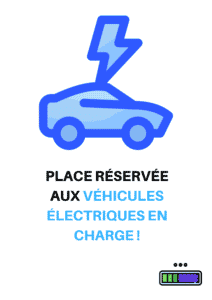
You can also buy deterrent stickers on the Internet, such as on Amazon which offers a wide choice of stickers.
Other solutions to be explored in the fight against vacuum cars
- Interacting directly with charging station manufacturers: Calling on manufacturers of charging stations can enable them to work on different solutions to combat and eliminate abusive parking.
- Notify your local police: if the driver or owner of the vehicle is absent, or refuses to stop parking despite police orders, the vehicle may be immobilized and impounded.
- Notify your local pound: according toarticle R-417-12 of the French highway code, " uninterrupted parking of a vehicle at the same point on the public highway or its outbuildings for a period exceeding seven days, or for a shorter period but exceeding that set by order of the police authority, is considered improper parking".. Improper parking is punishable by a second-class fine.
What's happening in other countries and what we can learn from them
Vacuum cars are a real scourge, and not just in France. It's a worldwide battle to get rid of abusive parking. Every country has its own laws and different ways of combating them.
Firmness in America
In Canada, more specifically in Montreal, to report an unplugged vehicle in front of an electric charging station. Simply call 514 280-2222 to request a parking intervention.
In Quebec, a law has just been passed to combat the use of cars for parking. L'article 388.1 stipulates that "only electric road vehicles and plug-in hybrid road vehicles may be immobilized in a space reserved for energy recharging. However, they can only be immobilized there if they are connected to the charging station. In addition to public roads, this article applies to private roads open to public vehicular traffic, as well as to shopping malls and other areas where the public is authorized to circulate."
Drivers of unplugged plug-in vehicles or combustion-powered vehicles occupying such spaces are liable to a fine of between $100 and $200. This legislative amendment was necessary to enforce the use of these "parking spaces" and to maintain a certain courtesy towards electro-mobilists who wish to plug in their vehicles.
In the United States, police officers mark the tires of cars suspected of hogging a parking space. This practice, likened to a vehicle search, could be declared unconstitutional.
What started out as a minor case in a Michigan state police court could end up all the way up to the U.S. Supreme Court, changing the way police departments in all fifty states of the Union deal with the scourge of car vacuuming.
Europe between backwardness and progress
In Spain Our neighbors' electricity supply infrastructures will be increasingly inaccessible, particularly in Barcelona.. Where electric cab drivers are having more trouble than ever before recharging their vehicles, the result of a business that regularly grinds to a halt, not least because private individuals frequently leave their vehicles plugged in long after the recharging operation has been completed.
In Switzerland : Geneva's local authorities have had enough of "cars ventouses", vehicles that stagnate for days on end in reserved parking spaces. To drive them out of their territory, more and more local authorities are limiting parking time or creating blue zones. Most of the larger communes have taken the plunge. Now even small towns are following suit. The canton's towns are tackling the problem one by one. Most are adopting the badge system, which allows residents and local businesses unlimited parking in blue zones.
Sweden: What if electric cars blocked access to petrol or diesel pumps by parking electric cars in front of them? An improbable idea, don't you think?
But it really happened in 2015, following a communications operation aimed at making motorists think twice about abusing the spaces reserved for charging electric and plug-in hybrid cars run by automobile magazine.
The question was simple " do you park your combustion-powered car in front of charging stations just to protest?".
7% of readers answered yes to the survey. That's all it took for a dozen EV users to take action and block access to gasoline and diesel pumps with their Tesla Model S.
In France: Speaking of Tesla, the electric car brand is deploying digicode barriers at its superchargers in France, to avoid thermal suction-cup cars.
There are also in France, the AUBE association which fights against car vacuuming. The association has a Facebook page with over 500 members.
In a nutshell
It's never pleasant to see cars parked in spaces reserved for electric cars. Especially when you urgently need to recharge. In addition to the tips we've given you, there are other actions to be implemented over the long term by local authorities and charging station companies. For example:
- Information and and awareness campaigns to alert drivers to the best practices for using these reserved spaces.
- More obvious recharging points with explanatory signs reminding us of the law, and systematic brightly colored ground markings to distinguish them from other parking spaces.
- More fines in public spaces, with a surcharge for drivers who overstay their charging time, and a few penalties in private parking lots to dissuade squatters from using these areas, based today on the goodwill of shopping malls, which generally don't want to annoy their customers.
- More technical solutions to detect the presence of vehicles, based on wireless sensors. These solutions, used today in the ITS (Intelligent Transport System) sector, demand a high level of requirement and reliability. They offer a reliable, efficient and cost-effective solution to problems of access to electric charging points. Charging station network operators monitor the presence of vehicles in real time, whether they are charging or not. They provide end-users with reliable information on the actual availability of charging stations, and can initiate penalty procedures for vehicles in breach.
And what about you? Have you ever had to deal with cars that have stolen their parking spaces? How did you react?
Beev offers multi-brand 100% electric vehicles at the best prices, as well as recharging solutions.
